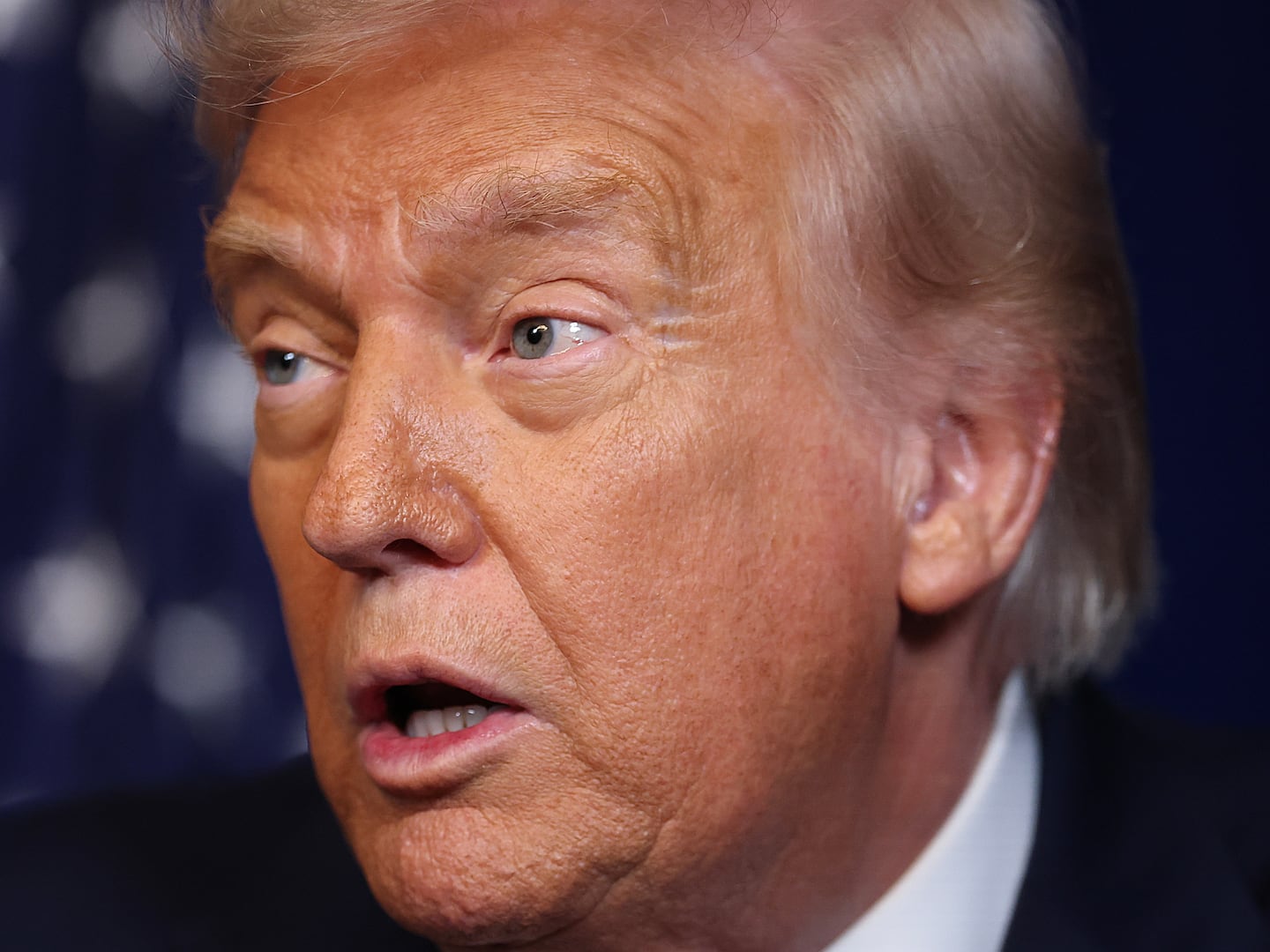There was a recent coup attempt in China, and Xi Jinping foiled it.
That was the message of Liu Shiyu, speaking Thursday on the sidelines of the Communist Party’s 19th National Congress in Beijing. “The central leadership of the party with General Secretary Xi Jinping as the core saved the party, saved the military, and saved the country over the past five years,” Liu, chairman of the China Securities Regulatory Commission, said at the once-every-half-decade gathering. “He saved socialism.”
A group of officials, Liu said, had “plotted to usurp the party’s leadership and seize state power.”
The six men Liu outed were, to be sure, all baneful figures, but for various reasons none of them constituted threats to China.
Nonetheless, Liu’s explosive charge suggests China is heading into a period of turbulence, likely one reminiscent of the Maoist era.
Liu last week mentioned the plotters by name: Bo Xilai, Zhou Yongkang, Xu Caihou, Guo Boxiong, Ling Jihua, and Sun Zhengcai.
The charismatic Bo actually appeared to be in the process of fomenting a military uprising in February 2012 when, just weeks before being ousted as party secretary of Chongqing, he fled to the headquarters of the 14th Group Army in Kunming, a unit his father founded.
Bo may have been conspiring with Zhou, once China’s feared internal security czar and member of the Politburo Standing Committee. Zhou is sometimes described as the most senior official in the history of the People’s Republic to be incarcerated for corruption, which is arguably correct. Yet as dangerous as Bo and Zhou once were, they are no threat to Xi and the current regime as both are serving life terms.
Liu’s mention of their names was almost certainly an attempt to tar the other four. Xu, a top general, died of bladder cancer in 2015 while in detention. Guo, another high-ranking flag officer, has been jailed for life for corruption. Ling, who worked for Xi’s predecessor, is also slated to spend the rest of his life in the slammer.
All five have been associated with party factions not controlled by Xi, who has used an unprecedented “anti-corruption” campaign to imprison adversaries. The campaign, which so far has led to the jailing or detention of more than a million officials, is more mass political purge than law enforcement effort.
And that leaves Sun. Once thought to be a leading candidate for a seat on the Standing Committee, the former Chongqing Party secretary is now in detention. He disappeared from view in the middle of July, and then late last month Xinhua News Agency, the official outlet, reported he had been expelled from the party and handed over to prosecutors.
The extraordinary accusation against Sun is a danger sign. Deng Xiaoping, Mao’s successor, saved the People’s Republic by reducing the cost of losing political struggles. Losers in the Deng era, unlike those in Maoist times, were allowed to live out their lives in comfort, greatly reducing the incentive to fight to the end and thereby endanger party rule.
Xi, however, has upped the cost, and the consequence of that reversal is apparent. “Disaffected political factions and especially those rightly fearing that they could be next have been driven to more and more desperate measures attempting to bring Xi Jinping down to preserve their own wealth and privilege,” Charles Burton of Brock University told The Daily Beast.
As Arthur Waldron, the great China historian at the University of Pennsylvania, tells me, “Expect more vicious political infighting.”
“Vicious” is the word. Xi may look all-powerful, but by attempting absolute control—Stein Ringen of the University of Oxford says China’s leader is “reinventing dictatorship”—he is creating fierce opposition.
The charges against Sun could even be a sign of political weakness. “Seems to me this last-minute campaign betrays holdouts to Xi’s anointment as maximum leader,” Robert Blohm, a longtime China adviser, tells The Daily Beast. “It screams ‘get with the program,’ maybe even ‘we could pin this kind of thing on you if you don’t relent.’”
Many make the point that Xi is not a Maoist because, unlike the first leader of the People’s Republic, the current one believes not in chaos but in control. That assessment is clearly correct.
Yet Xi clearly admires Mao, praising and emulating him and making pilgrimages to Mao sites. Xi also aspires to be a strongman in the Maoist mold, going to great lengths to grab power, as the accusation against Sun Zhengcai shows.
Whether or not the charges against Sun are true—and especially if they are not—the next great crisis could be the last for the People’s Republic. The Communist Party looks like it is already tearing itself apart.
Chinese dynasties almost always end with weak leaders. The current ruling group, however, may end with one demanding to be strong.






